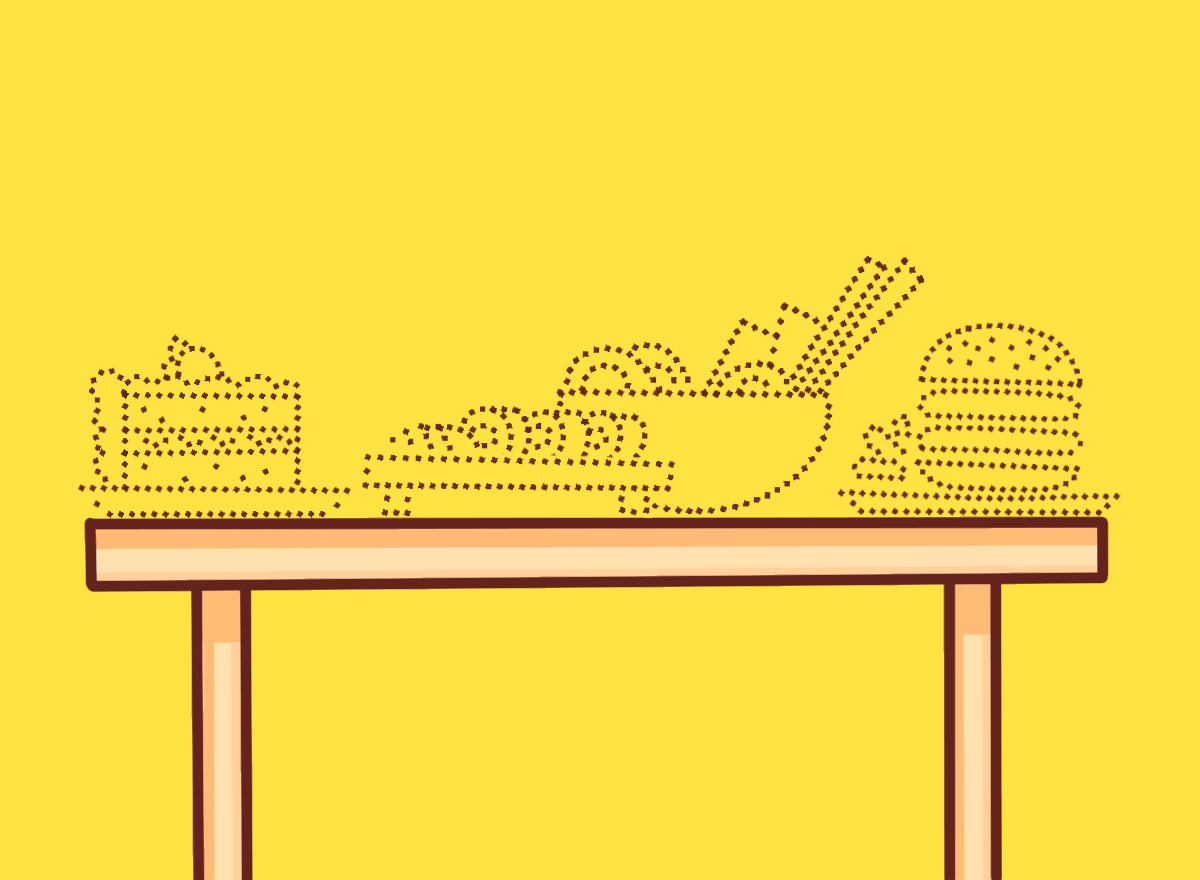What is a website, anyway?
Both Amazon.com and google.com are websites. Yet, neither of them is what you have in mind when you think “we need a new website.”
So, what is a website, anyway?
Maybe you know such things as a front-end and a back-end exists, but aren’t sure how they relate to a database, NodeJS or WordPress (or are they the database in some cases?). The web entails so many different things that the word website has as broad a meaning as the words vehicle or food.
Sure, all vehicles, foods or websites share certain common elements, but you can’t convey much by simply pronouncing these words. Just as cake, sausages and sauerkraut are all food items—and cooking each of them would be an entirely different project—a website may refer to Amazon, a research database or a simple landing page.
There are lots of components, techniques, programming languages and kinds of websites. No wonder organizations sometimes feel confused.
Don’t worry—the technical aspect of creating a website is not what matters the most.
Here’s why. The technical aspects are not the most important aspect of a web project, and shouldn’t be a burden for you. It’s easy to come up with a technical solution that suits your needs in the most efficient way possible if the goals are clear.
When I decide to cook, I start by figuring out what I want to eat.
What will benefit me the most? Do I want something sweet and delicious, or fresh and green?
My baking abilities may be awesome (they’re not, by the way) but cake might not be what I need.

So, instead of focusing on whether a website is a Wordpress, a Drupal or a headless NodeJS-based CMS with a VueJS front-end, when you start planning your website I suggest you focus on:
- What is the problem or need you want to solve?
- What are you trying to communicate? What information flows do we want to promote?
- Who do you want to reach?
- In what timeframe?
… that sort of stuff is what really matters.
If you have that clear, the technical components can help fulfill the goals. If your goals lack clarity, you can end up making stuff that is expensive and irrelevant. Nobody wants that! Just like nobody wants baked broccoli for dessert if they're expecting a chocolate cake.
Of course, the moment will come in your project where you'll have to evaluate proposals and decide on a technical solution. It's just not the best way to start a project—it's the right focus at the wrong time.
At Matrushka, we focus on certain niches (Human Rights and Nature) because we care about the goals of the organizations we work with. By focusing on those subjects we can understand more about the needs of our clients. This way we can help guide projects that have an impact on their work and achieve their goals, instead of merely building stuff for the web.
Do you have something in mind, some problem that needs solving? We’d love to hear about it!
Want some tips on getting your goals and audiences clear? Then keep reading :)